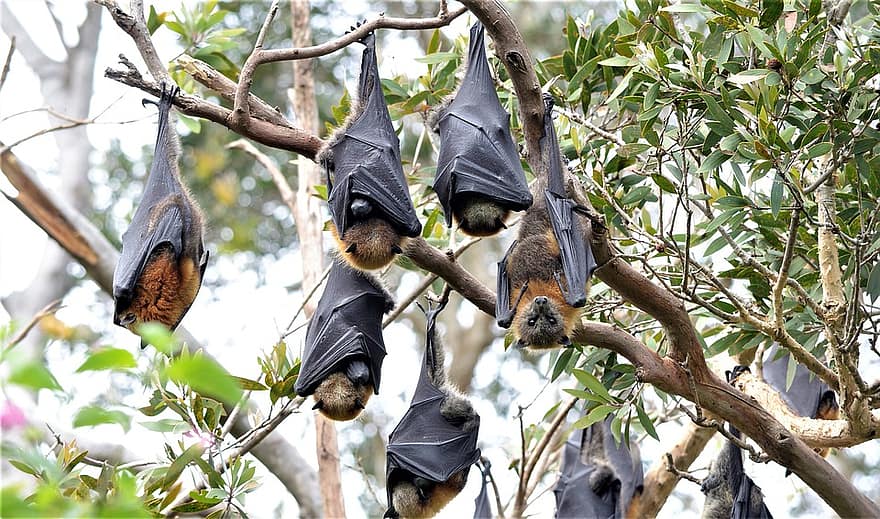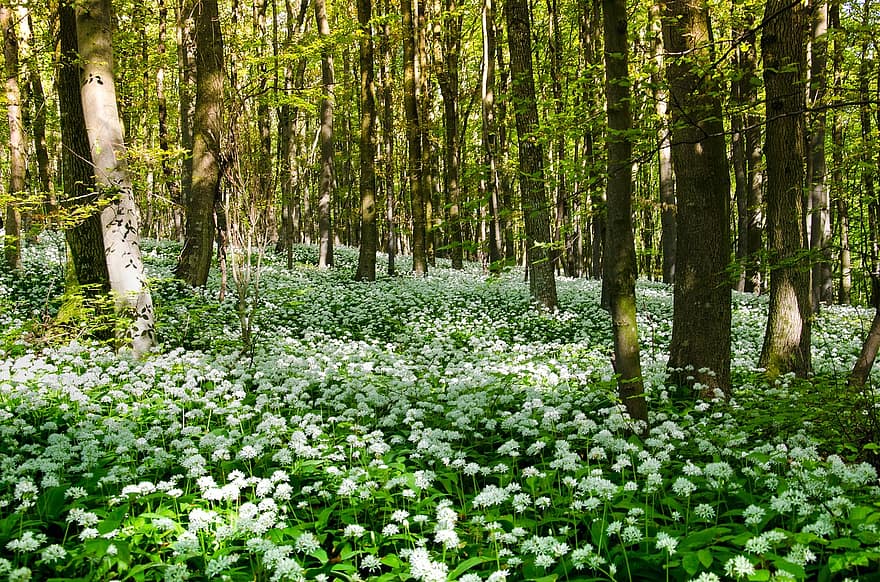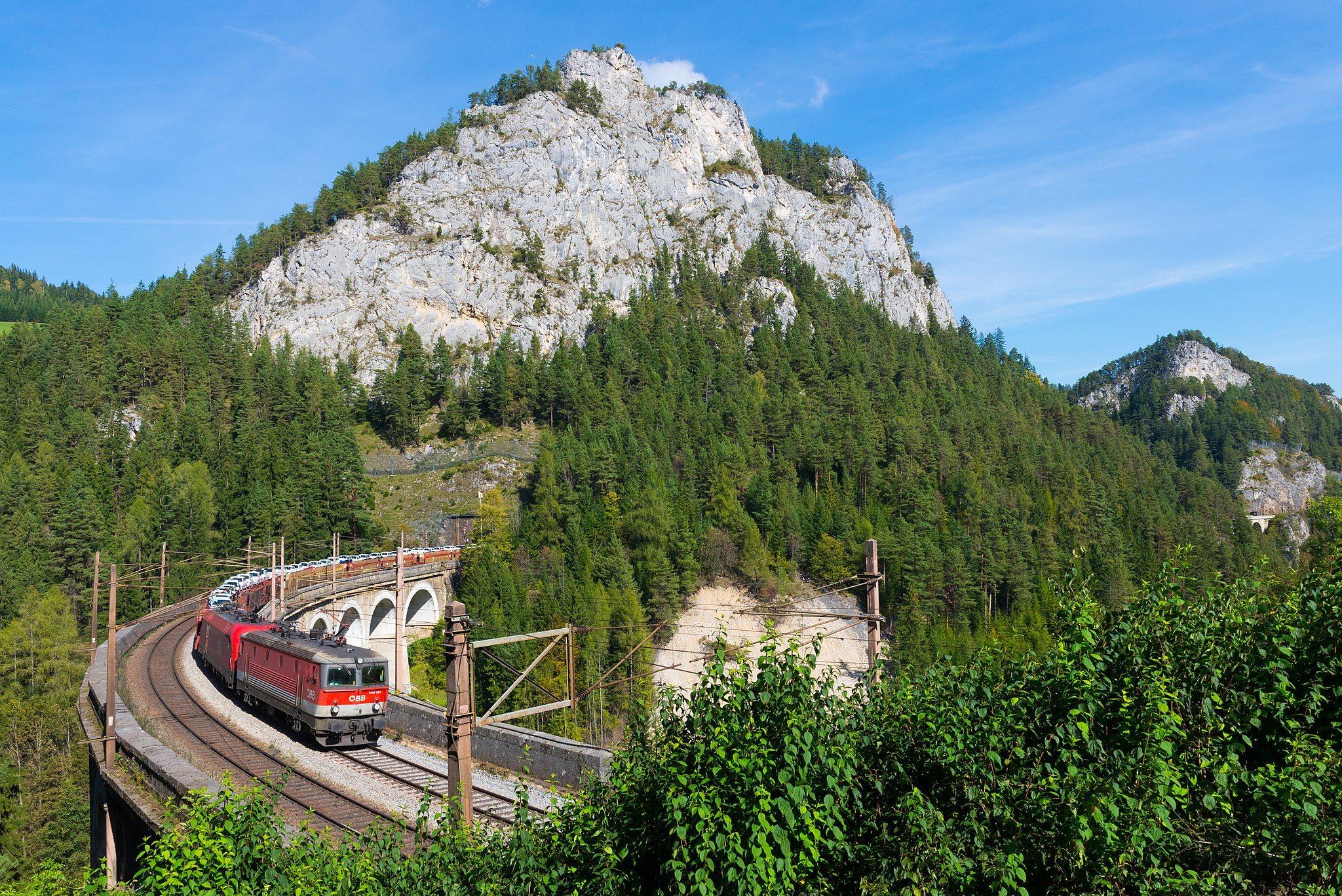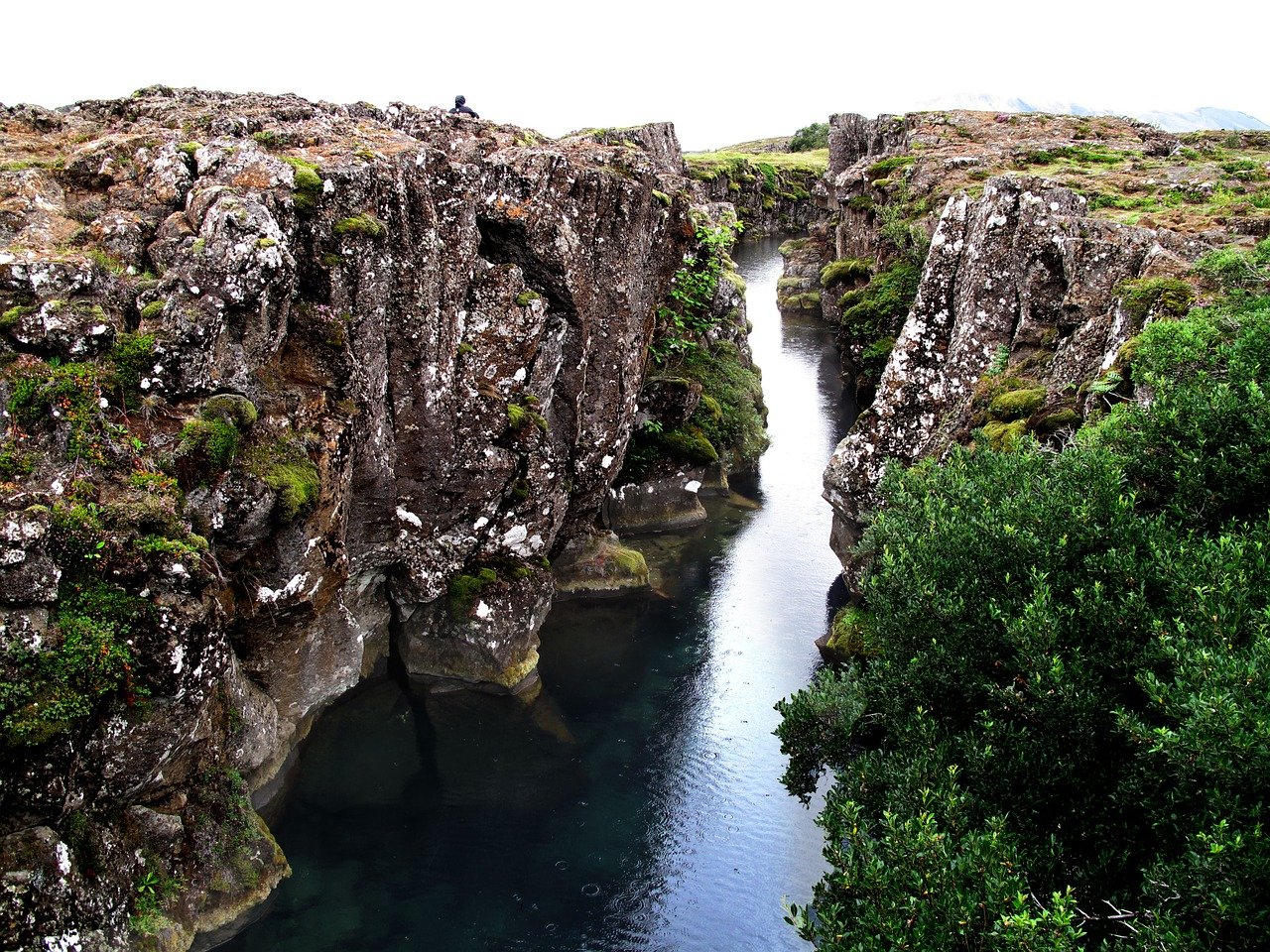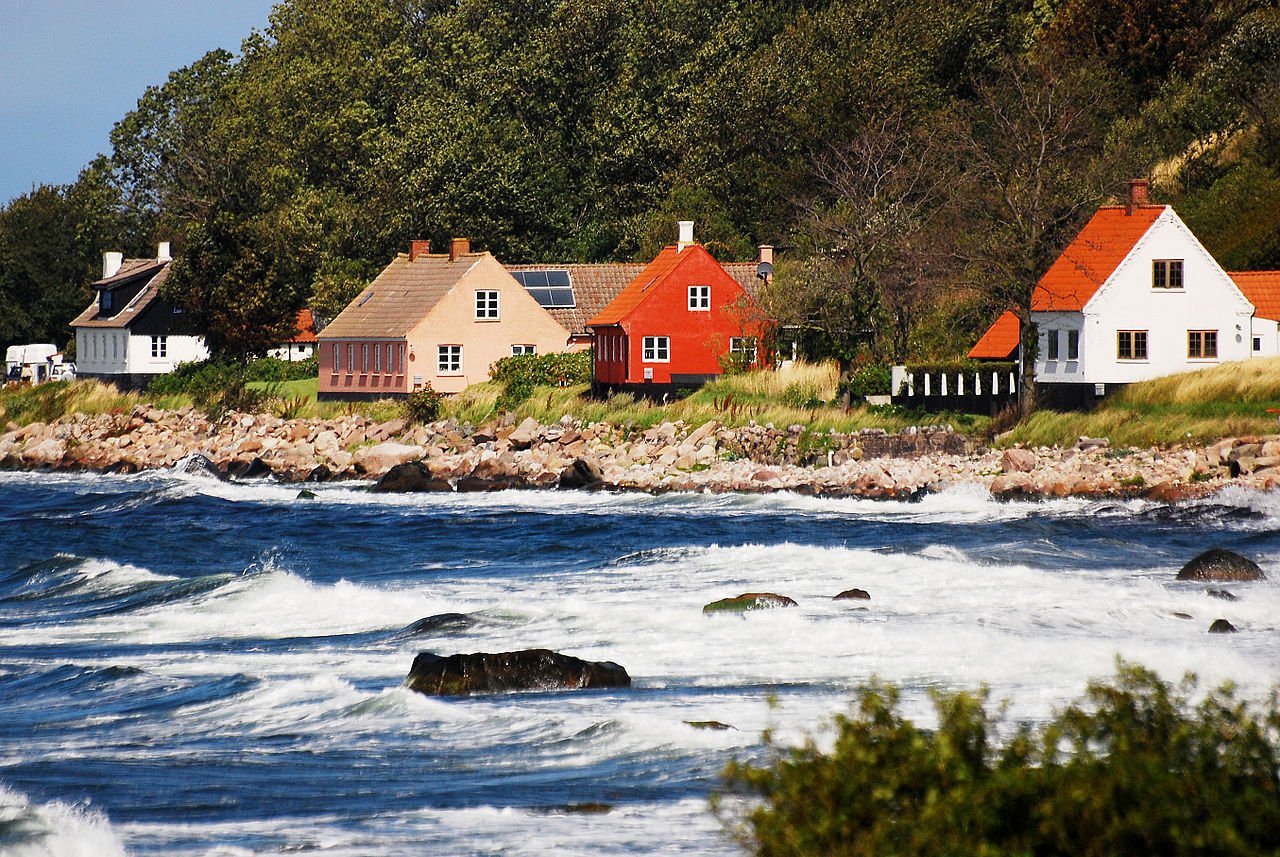Five things you need to know about bats, disease and coronavirus
Bats are in the limelight these days because they are rumoured to be the source of SARS-CoV-2, the virus that caused the coronavirus pandemic. But that is just part of their story. Bats turn out to be miraculous creatures. Their ability to age without decrepitude or cancer, as well as fight off a multitude of … Read more

